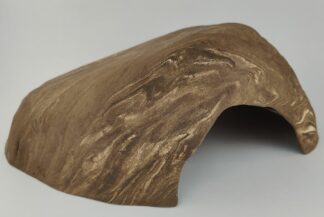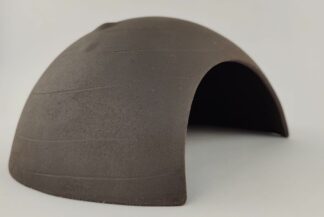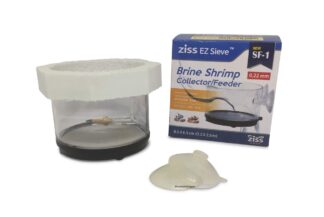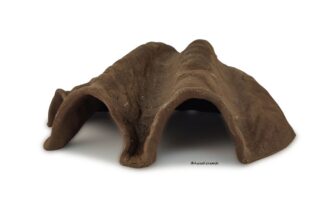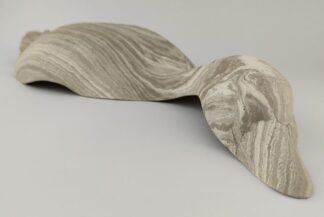The habitat aquarium differs very clearly from natural waters in two points:
1. Water volume
The available water volume in relation to the amount of organisms (microbes, plants, animals) is always considerably smaller than in natural waters. Each of these organisms absorbs substances from the water and on the other hand releases substances back into the water. The added fish feed and its composition must also be taken into account. This very quickly leads to uneven distribution of nutrients, trace elements, which are mainly needed by plants, are usually reduced quickly and the values of nitrate and phosphate in particular are increased.
A permanent supply of trace elements is then no longer guaranteed for the aquatic plants.
2. Water exchange
The second important difference is the continuous exchange of water in natural waters. Of course, this is not “fresh” water in the sense of tap water, but itself biologically “processed” and “treated” water. Two factors are important here: 1. the removal of excess nutrient salts and 2. the continuous supply of the necessary trace elements. Both are basically present in naturally intact waters, this applies independently both to running waters and standing waters (in the latter case in connection with the water volume).
Ultimately, the continuity of the nutrient and trace element supply is the most important point to be considered by the aquarium keeper, so that fluctuations in the supply of aquatic plants do not occur or remain within small limits. The ideal aquarium would therefore be a flow-through aquarium with a continuous water change and additionally a continuous supply of all necessary trace elements by means of dosing pumps.
This elaborate technique has been known for a long time in reef aquariums with coral dominated aquariums that are highly dependent on trace elements and is becoming more and more popular for the care and reproduction of demanding coral species, especially hard corals.
The situation in freshwater aquariums is basically similar, but aquatic plants are less sensitive to slight fluctuations in the continuous supply of nutrients than hard coral species in seawater. Nevertheless, the more frequently the water is exchanged and the more continuous the supply of trace elements is, the more certain is the success in the cultivation and care of aquatic plants.
Why should you fertilize at all?
What is the composition of a water plant fertilizer?
What are the nutrient requirements of aquatic plants and what is the correct dosage?

